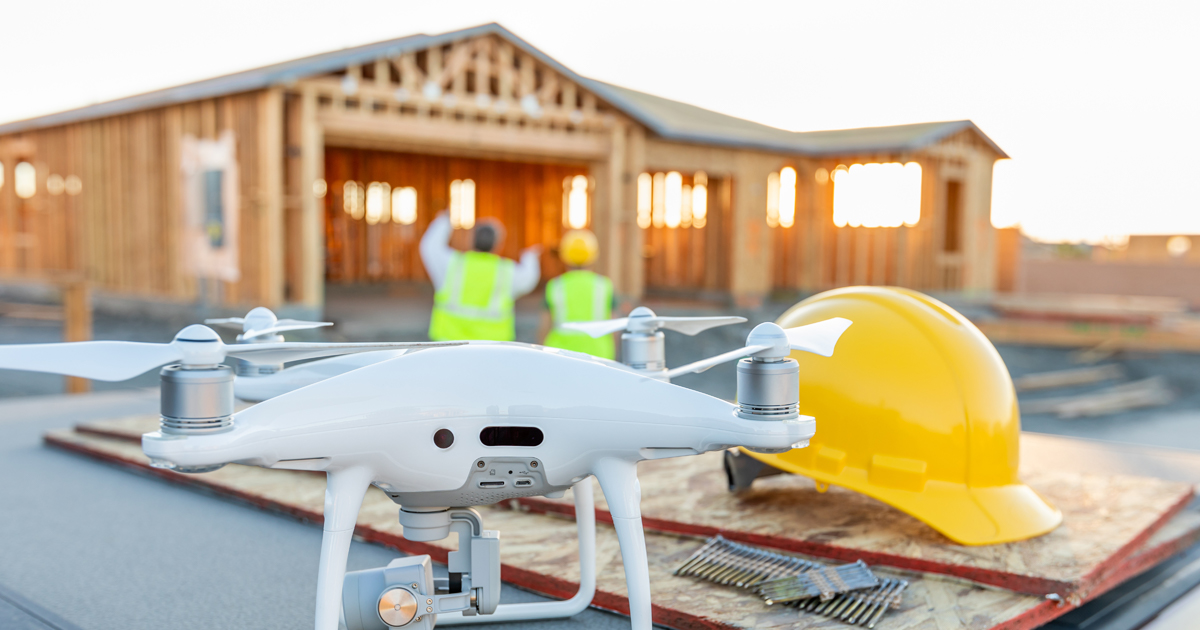We’ve had many lessons and challenges thrown our way in the past year but consider the opportunities made possible thanks to advancements in and the availability of technology.
On REAL TIME Episode 15, host Erin Davis speaks with proptech entrepreneur, architect and real estate futurist Nikki Greenberg to better understand this emerging field and how it will impact how we live and work over the next decade.

Episode highlights
Nikki: The thing about proptech is that it’s really made up of three different verticals. You have real estate, you have technology and you have venture capital and where those communities converge is where you have proptech.
Purists believe that proptech does actually need to be a technology, which means that it’s something that is a 100% pure tech, no hardware, no spaces. It’s not about the physical, it’s about the digital, but for most people within proptech, there’s an understanding the ecosystem essentially has two sides.
It’s essentially this new generation of tools that we get to use in our industry that just has a fresh approach is user first and is super smart.
Erin: When you talk about embracing proptech for the workplace and sharing workspaces and that sort of thing, how much do you think proptech has been fueled by so many people working from home during the pandemic?
Nikki: You’ve absolutely recognized the trend that’s happened. A lot of the conversations that I have, have been with both real estate operators and owners and with technology companies. What the technology companies were finding is that with lockdowns that have happened and the move to working remote and this need to work in a more digital way that some of the barriers to adoption of their technology were removed and that clients that they’d been speaking to for quite some time suddenly came back to them and said, “Aha, now I get it.”
Erin: What can you tell us about advances to the design process?
Nikki: We’re so used to, especially in residential real estate, for example, that you can go into a house or into a new development—and I spent most of my career working in new developments off the plan. There was always this desire to go into a newly built building or a newly built apartment to get a sense of what it feels like, what it looks like to see the finished product, and that if you were looking at computer-generated images, that you couldn’t really get a sense because as people, we’re so tactile, we love being in spaces.
I think with the pandemic because we’ve gotten more used to doing things front of the computer that being able to watch a 3D tour or a video tour of a space, we’re starting to get more comfortable with understanding what it means or what it feels like and being able to interpret things in a video or in a digital way and letting that at least be that first point of interaction.
Erin: What technologies have significantly impacted the way we interact with our homes?
Nikki: Look with technology in the home, it’s something that’s really evolved through the ages. Let’s not forget, electricity hasn’t actually been around all that long. The changes that we have in the home haven’t been all that significant even though the opportunities are there. The adoptions haven’t been that significant in our homes themselves, but there are few exceptions.
First exception obviously is with the cloud and all of that information being stored there, we’re now able to work from home, we’re now able to access everything from anywhere, our photos, no matter where we are in the house, for example, for us being able to, if we wanted to do everything from our phones.
The next generation that we’re already moving into, is voice control. This is, again, increasing on the adoption curve.
What’s going to start happening with a lot of this technology is that it’s just going to be omnipresent and it’s going to be part of our lives. You won’t be thinking when you walk into a room, you won’t be searching for light switch anymore. You’ll just know to give that command of turn on the lights. You won’t expect to interact with switches, you’ll expect to interact with technology in our most natural way, which is through a conversation. The technology is there and again, it’s about the adoption.
That was only a portion of the conversation. Be sure to catch the full conversation (and all episodes) at CREA.ca/Podcast or wherever you listen to your favourite podcasts.
Coming up on REAL TIME Episode 16
Advice for REALTORS® on managing stress, work-life balance and work relationships with Dr. Winny Shen.




